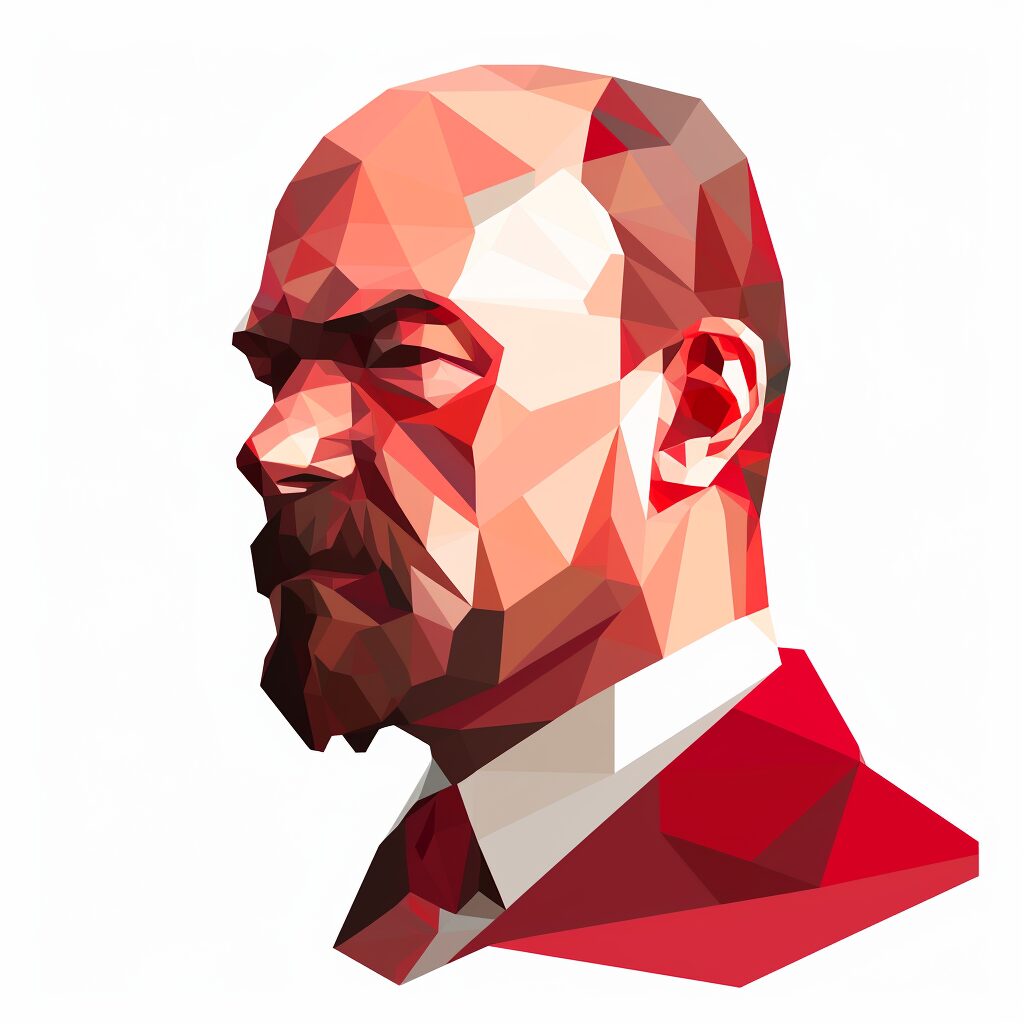This quote is essentially about the interconnectedness of freedom and oppression. It suggests that a nation cannot truly be free if it is actively oppressing other nations. This is because the act of oppression contradicts the principles of freedom, which include respect for rights, equality, and justice. If a nation is imposing its will on another, it is not practicing these principles, and so it is not truly free.
The quote also implies that freedom is not just about the absence of constraints, but also about the presence of justice and equality. So, even if a nation has no constraints on its actions, it is not truly free if it is denying other nations their freedom.
In today’s world, we can see this principle at play in discussions about global power dynamics, imperialism, and human rights. Countries that wield power over others, either through economic domination, political manipulation, or military force, are often criticized for denying people in those countries their freedom. This quote suggests that such behavior is not just harmful to the people being oppressed, but also to the oppressors themselves, as it undermines their own freedom.
On a personal level, this quote can be seen as a call to respect the freedom and rights of others. Just like a nation, an individual cannot be truly free if they are denying others their freedom. This could be applied to situations where someone is exerting control or dominance over others, or failing to respect their rights or dignity. It suggests that true freedom comes not from power or control, but from mutual respect and equality.




